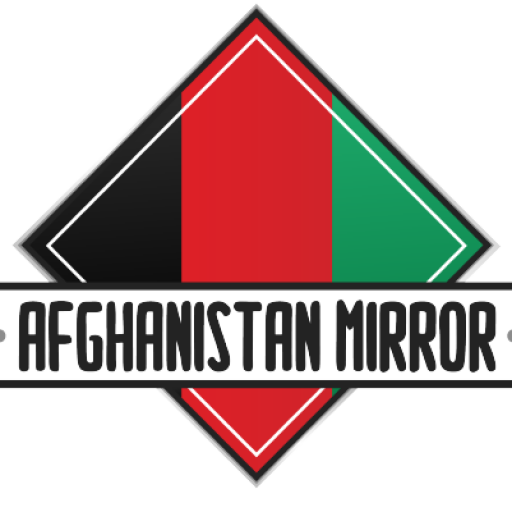KABUL (Pajhwok): The UN Refugee Agency (UNHCR) and the United Nations Human Settlements Program (UN-Habitat) have agreed to provide recovery support to refugee returnees and Internally Displaced People (IDPs) in Afghanistan.
The joint accord, signed by UN-Habitat’s Officer-in-Charge for its Afghanistan country programme, Mr. Srinivasa Popuri, and UNHCR Representative Caroline Van Buren, provides for the implementation of joint activities by the two agencies to support vulnerable people in Afghanistan.
ore than 700,000 Afghans were internally displaced as a result of the conflict in 2021, the majority uprooted prior to the changeover in government in August. The total number of conflict-induced IDPs is 3.4 million (nearly ten per cent of Afghanistan’s population). The joint statement said.
Over 2021, UNHCR reports that a significant number of conflict-induced IDPs returned to their places of origin, however, their situation is precarious due to the lack of adequate services like health care, education, water systems, and roads. The source added.
UNHCR is working in Afghanistan to provide immediate support to vulnerable groups and foster conditions and enhance capacity for their reintegration and facilitate community resilience so as to mitigate further displacement, particularly in the 55 Priority Areas of Return and Reintegration (PARRs) it has designated throughout Afghanistan where some 19 million people reside. Statement added.
The joint UN-Habitat/UNHCR initiative will strengthen essential services and facilities, including improving access to water through supply networks, in order to foster social cohesion among refugee returnees, IDP, and their host communities. Under the scheme, the agencies will initiate projects focused on building community resilience alongside emergency life-saving interventions that are mutually supportive within the humanitarian-development approach.
“Life-saving assistance and ensuring basic services do not have to be different agendas. We can do both at the same time…These steps actually can lay foundations for a seamless recovery and also prevent the collapse of the essential services,” said UNHCR’s Caroline Van Buren.
Mr. Popuri explained that Community Development Councils (CDCs) in Afghanistan provide a great opportunity for outreach and highlighted the importance of working through such grassroots community platforms that are proven to have capacity to support the most vulnerable. He further elaborated on the need for strengthening such structures that enable Afghans to help each other and develop an environment where the UN and NGO community can play a vital role in enhancing community coping mechanisms at the grass-root level through the community councils.
Ms. Van Buren expressed her cooperation and emphasized the importance of complementing the life-saving assistance with improving access to basic and essential services to prevent further displacement and help stabilize population including through working with the community structures such as CDCs.
JHK
Hits: 13
